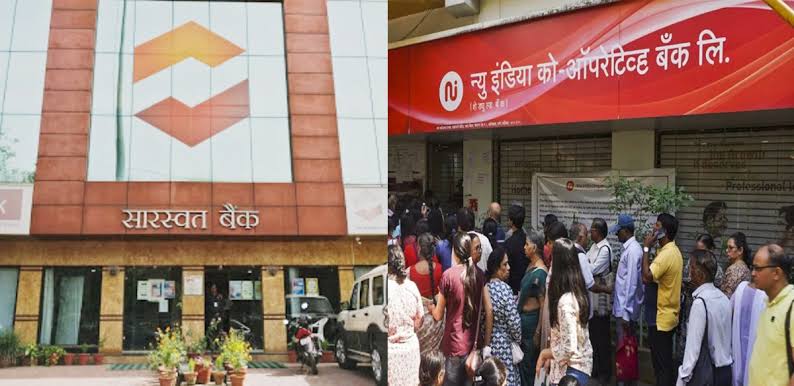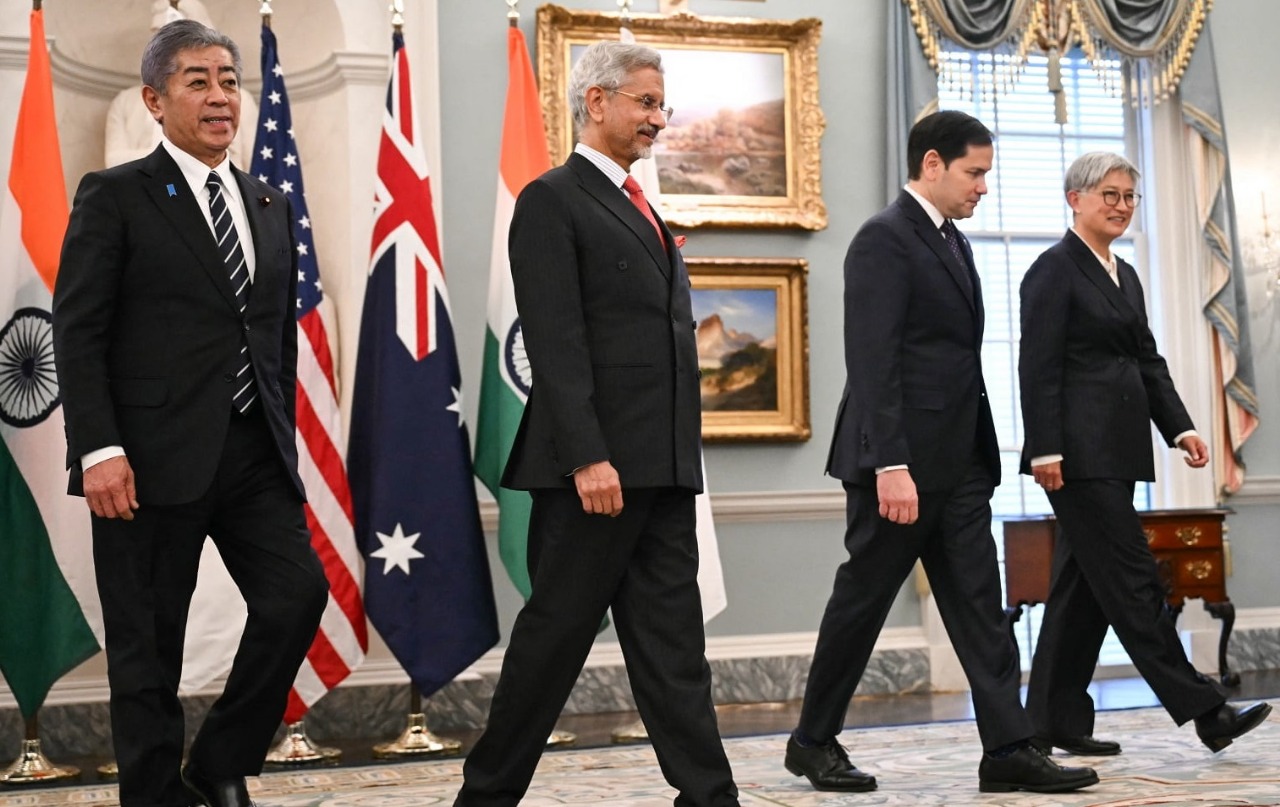 Image Source: Indian Cooperative
Image Source: Indian Cooperative
India's largest urban co-operative lender, Saraswat Cooperative Bank, has officially proposed to acquire the ailing New India Cooperative Bank (NICB) to safeguard the interests of over 1.22 lakh depositors and bring stability to the ailing bank. This comes after a severe crisis at NICB, which has been placed under RBI restrictions since February 2025 after a huge management-level fraud scam.
Key Highlights:
Merger Proposal & Timeline:
Saraswat Bank has made a voluntary offer to the Reserve Bank of India (RBI) to obtain approval to merge with NICB. The merger is subject to shareholders' approval from both the banks and will be done by August-September 2025.
Deposer Relief:
NICB depositors, who could withdraw up to ₹25,000 per account, will have unhindered access to their money post-merger. Saraswat Bank has assured no haircut—each deposit and interest will be fully protected.
Background:
In February, RBI had placed a moratorium on NICB after a ₹122 crore fraud, overruled its board, and appointed an administrator. The Economic Offences Wing is investigating the case.
Financials:
As of March 2025, NICB had ₹1,162 crore advances and ₹2,397.85 crore deposits but a negative net worth of ₹102.74 crore. Saraswat Bank with 312 branches and a net profit of ₹518 crore in FY25 will acquire the assets and liabilities of NICB.
Shareholder and Regulatory Process:
The merger proposal will be made to the shareholders in three weeks' time. NICB shareholders will be given Saraswat Bank shares in a ratio as laid down. The effective date of merger shall be determined by RBI upon approval.
Employee Integration:
Saraswat Bank intends to recruit most of NICB's 200 employees, but not those who were implicated in the fraud.
Track Record:
Saraswat Bank has already consolidated seven crisis-stricken cooperative banks, demonstrating the ability to resuscitate troubled institutions.
Source: Business Standard, Economic Times, Rediff Money, NewsDrum, The Week, Economic Times BFSI, Indian Cooperative, NDTV Profit, Financial Express
Advertisement
Advertisement





